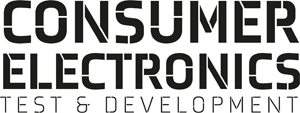Turkey’s Ministry of Environment, Urbanization and Climate Change published two separate regulations, the first relating to the management of electronic and electrical waste, also known as e-waste in the country.
The second regulation relates to the restriction of hazardous substances including lead, mercury and cadmium in electronic devices, including consumer electronics.
While these hazardous substances have not been banned outright, they can only be used in electronics at specified maximum concentration values.
For example, the proportion of lead and mercury permitted in electronics cannot exceed 0.1 percent. For cadmium, which is used in rechargeable computer batteries, contacts and switches, and is known to be harmful to human health, the maximum concentration cannot exceed 0.01 percent.
Under the e-waste regulation Turkey said it plans to prevent the formation of e-waste, collect e-waste separately in cases where it cannot be prevented and “determine the methods and targets of preparation, recycling and recovery for re-use in order to reduce the amount of e-waste needing disposal.”
The regulation will also put greater responsibility on electronics manufacturers to come up with strategies for reducing e-waste.
According to a 2019 UN report, each year the world’s population produces on average about 50 million tonnes of e-waste.
To put that in perspective, if you were to gather together all the commercial airliners that were ever made, their combined weight would still be less than what is thrown away annually in used electronics.

